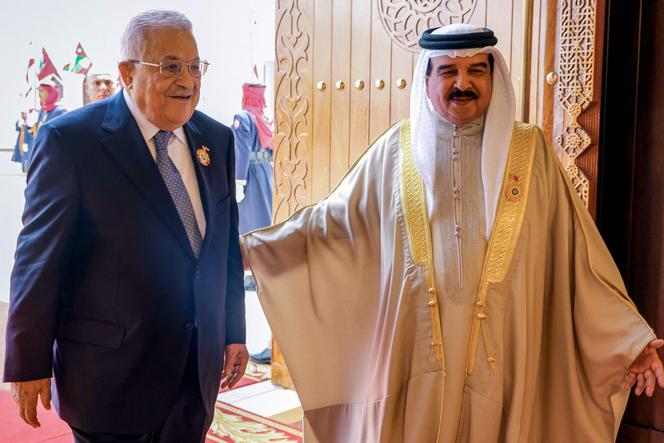


At a summit dominated by the war in the Gaza Strip, in Manama, Bahrain, on Thursday, May 16, the 22 countries of the Arab League adopted a unified position on a political settlement of the conflict. They made the immediate establishment of a ceasefire, the withdrawal of Israeli forces and the lifting of the siege on the Palestinian enclave a prerequisite. This all happened at the same times as Israel was stating its intention to "intensify" its operations in Rafah.
For the "day after," the "Bahrain Declaration" calls for the organization of an international peace conference under the aegis of the United Nations, international recognition of a Palestinian state and the deployment of international protection and peacekeeping forces under UN mandate in the occupied Palestinian territories until the two-state solution is implemented.
The consensus reached by the Arab heads of state takes up the main lines of the plan drawn up by the Arab Contact Group (Saudi Arabia, Egypt, United Arab Emirates, Jordan and Qatar). However, it departs from the imperative it laid down of reversing the logic of Oslo, by making recognition of a Palestinian state within the 1967 borders, with East Jerusalem as its capital, a prerequisite for peace negotiations.
The US rejection of the Arab plan and its double veto of the recognition of Palestine as a member state of the United Nations – before the Security Council on April 18, then at the General Assembly on May 10 – pushed them to compromise. "Some countries wanted to show the US that they are cooperative, but the Arab position and its pillars remain the same," a diplomatic source commented.
Following the lead of Palestinian President Mahmoud Abbas, the Arab countries are asking the Security Council to reconsider its position. International dynamics are in their favor, with 143 countries supporting the two-state solution, but a resolution cannot be imposed on the US, Israel's closest ally. "Riyadh doesn't want to upset its normalization project with Israel," said Hasni Abidi, director of the Centre d'études et de recherches sur le monde arabe et la Méditerranée (Center for Studies and Research on the Arab World and the Mediterranean).
In exchange for this normalization, Washington is promising Riyadh a defense pact and its support for the development of civil nuclear power in the kingdom. US National Security Adviser Jake Sullivan is expected in Riyadh and Tel Aviv over the next few days to push the issue forward, despite Israeli Prime Minister Benjamin Netanyahu's refusal to accept the creation of a Palestinian state – a condition set by Saudi Arabia.
You have 49.91% of this article left to read. The rest is for subscribers only.
